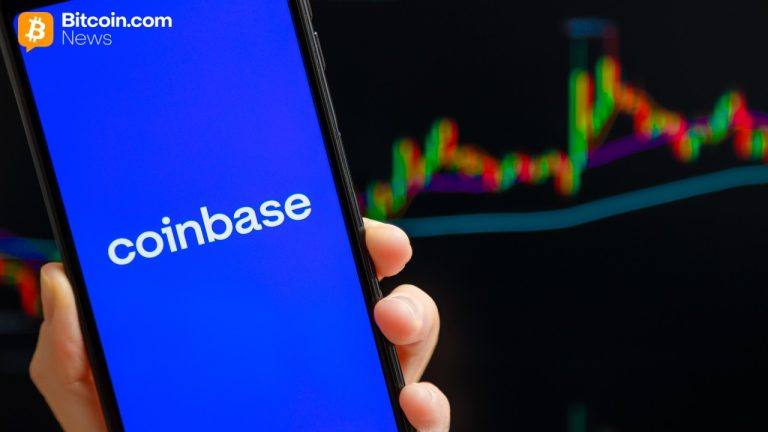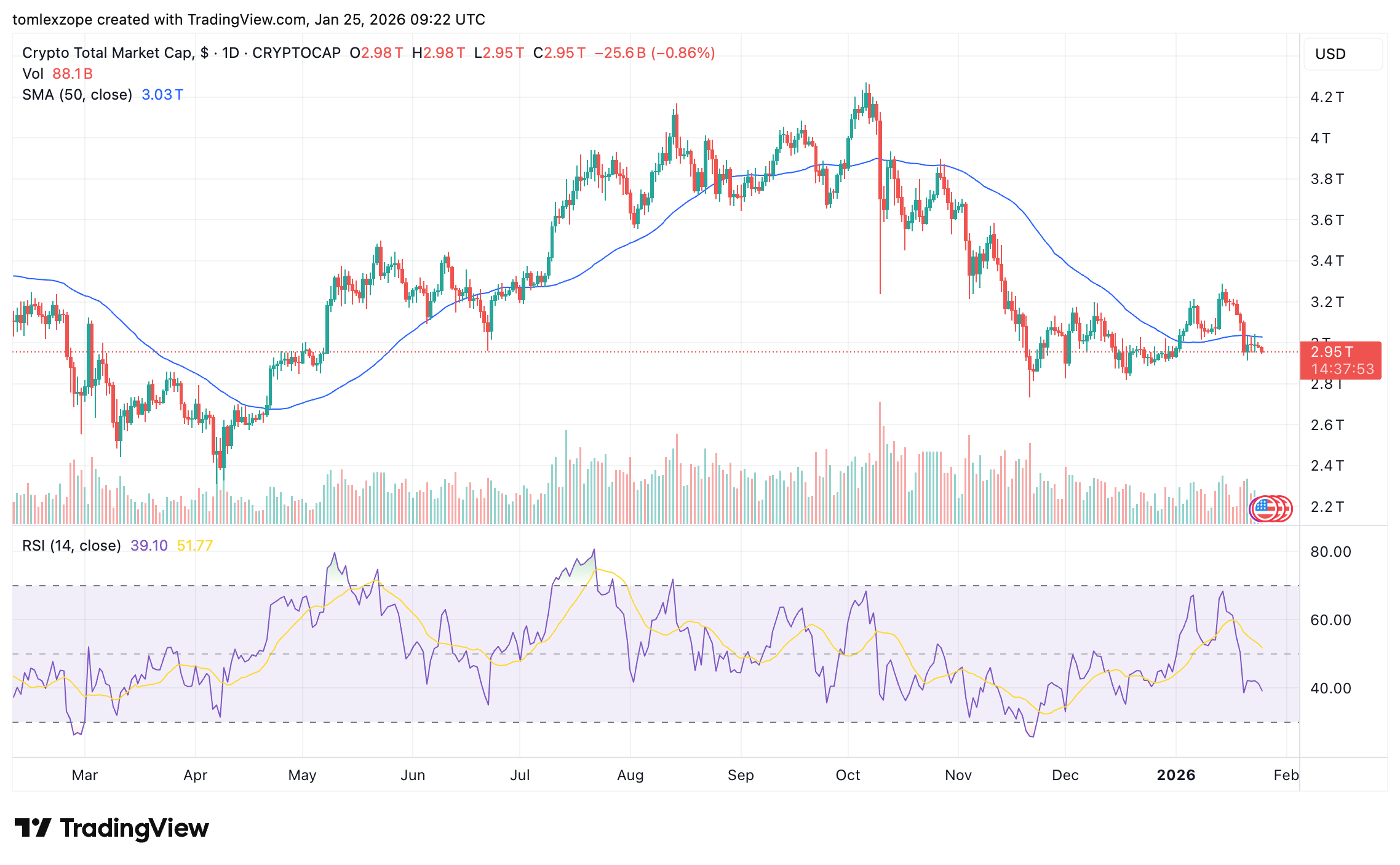Introduction
Bitcoin will revolutionize politics, not replace it.
Even if hyperbitcoinization were to become a reality with Bitcoin at the center of the monetary system that emerges from the ruins of the current fiat system, the state would remain the dominus of international relations. It would rise from the ruins of its predecessors, like a phoenix from its ashes.
As Max Weber wrote over a hundred years ago in his famous essay "Economy and Society," the state will continue to utilize legal coercion and violence as its specific and distinctive means of action. This is due to its essence of being an aspiring monopolist of force internally and rex superiorem non recognoscentes externally.
Thanks to Bitcoin, the state will undergo new and diverse transformations, which are currently difficult to envision. It will undoubtedly face significant challenges and reductions compared to its present state, encompassing changes in geographical reach, resources, competencies, and ambitions. Nevertheless, even with the desires of anarcho-capitalists and the staunchest libertarians, the state will not completely vanish as a societal organizational structure.
While the voluntary, transactional, and cooperative aspects of human interactions may dominate in a hyperbitcoinized world, they will not be the exclusive components.
There will always be individuals who choose to resort to force to assert their beliefs, simply because it is a feasible and convenient option. Furthermore, a certain level of violence is inherent to our nature as beings with animal instincts, and as long as humans inhabit this planet, violence will exist. Consequently, as long as violence persists, there will be efforts to organize, legitimize, and regulate it. This leads to the inevitable 'historical necessity' of the state as a regulator and concentrator of power among individuals. Whether originating from a social pact among equals, imposed from above through annexation or invasion, or emerging from an anarchic "man is a wolf to man" scenario where the strongest dominates and seizes control, the state has evolved through various forms over time - from tribal societies to nation-states to empires - and has been upheld by diverse political systems such as monocracy, oligarchy, democracy, and more.
The 'new state' in a global Bitcoin system will be stripped of extensive monetary power, significantly limiting its ability to accumulate debts and manipulate currency. Consequently, it will need to downsize in both scale and scope, reverting to its core functions: legislating, adjudicating, ensuring security, and providing defense. In an ideal scenario, it would resemble a minimalist state, such as the one favored by minarchists, voluntarily embraced by its citizens and founded on mutual consent. This envisioned state could be a small entity, akin to a city-state among many others, or a compact nation-state centered around religious, linguistic, ethnic, and moral identities that surely won’t fade away with the advent of a Bitcoin world.
This future trajectory suggests a global landscape reminiscent of past political examples such as medieval Italy with its city-states, or ancient China with its pre-imperial states, or sixth-century BC Greece with its poleis, or even the American West of the nineteenth century. Hopefully, with a much lower degree of political violence compared to the former examples thanks to a significantly higher average material well-being - a result of enormous technological progress that provides an abundance of goods, discouraging predatory human impulses driven by resource scarcity - and an unparalleled level of commercial and informational interconnectedness compared to historical precedents.
Technological progress has facilitated and will continue to facilitate communication as a solution to the prisoner's dilemma and widespread trade as a beneficial alternative to war.
That being said, we should not expect perpetual peace as Kant envisioned. Interstate war will probably be rarer and a last resort in such an environment, but it will not be entirely excluded from the realm of possibilities. Some communities would still attempt to use coercive means to achieve their goals at the expense of their neighbors ending up in war. However, this infrequent occurrence will likely result in shedding less blood and resources than today, given the reduced capacity/economic power of the new state, as well as the prevailing interests in peaceful trade and the fresh historical memory of the fresh historical memory of the horrors of warfare and warfare states in our era.
Diplomacy and Blockchain
In this hypothetical context, with multitudes of small sovereign states, intense trade, and relative international anarchy, there will be a proliferation of diplomatic activities, a flourishing of bilateral and multilateral alliances, and this is where the Bitcoin network will come again into play. What better place for states to ratify and archive agreements and treaties than on Bitcoin's layer 1?
Diplomatic negotiations indeed share many similarities with commercial ones. In one case, they revolve around bargaining between states and treaties; in the other, they revolve around contracts. Just as contracts are not concluded in the absence of trust among merchants, treaties are not ratified without trust among states. Therefore, a certain degree of trust is not only essential in private economic dealings but also in political-diplomatic relations.
In a world that is much more politically decentralized and splintered than the current one, where every monetary transaction will be based on 'trust' in the Bitcoin blockchain or its higher abstractions, and where the security and inviolability of the code will be guaranteed by a massive amount of energy and the largest network of computers ever seen, it would be quite reasonable for newly formed states to choose it as the place to store their legally binding relationships. But how?
One could rely on the ordinal theory of Bitcoin to develop a dedicated standard for digital signatures originating from wallets/pubkeys belonging to sovereign states and build from this an ‘official’ protocol for the ratification, registration, and amendment of international treaties on the layer 1 of Bitcoin that is universally recognized through a consensus criterion by the network nodes and as a customary law among sovereign states.
Why specifically the Bitcoin Layer 1?
In addition to its symbolic value as the cornerstone of the future international monetary system, the Bitcoin native blockchain offers many practical advantages as a platform to record international treaties. These include its inherent characteristics such as publicity and traceability (monitorability), immutability, ordinality (the timestamp mechanism to obtain a specific date for each transaction), and last but not least, neutrality (as a public good usable by anyone, owned by no one, and therefore not subject to influence).
Looking ahead, an additional benefit could be its costliness due to the increase in transaction fees. This would give more weight and value, compared to today, to what is agreed upon between parties and recorded on it (similar to positional goods).
By considering the possibility of constructing tree structures of 'smart-treaties' on the higher layers of Bitcoin dependent on events (transactions) occurring on the main blockchain or other layers, we can see how the flexibility of this tool can expand the options and functionalities of current diplomatic treaties. This expansion can make them highly detailed and interactive, thus effective and adaptable to a highly fragmented and complex international political system.
Conclusions
In conclusion, using Bitcoin blockchain as a decentralized ledger for inscribing and archiving international treaties and agreements could offer numerous advantages in terms of publicity, traceability, immutability, neutrality, costliness, and programmability. This technology could revolutionize how international agreements are written, managed, updated, and monitored, ensuring greater security, transparency, and trust among the parties involved. These improvements, in turn, should promote collaborative behaviors (as game theory teaches) and thus reduce the risk of interstate conflicts, maximizing the benefits for all members of the future international relations system.

You can get bonuses upto $100 FREE BONUS when you:
💰 Install these recommended apps:
💲 SocialGood - 100% Crypto Back on Everyday Shopping
💲 xPortal - The DeFi For The Next Billion
💲 CryptoTab Browser - Lightweight, fast, and ready to mine!
💰 Register on these recommended exchanges:
🟡 Binance🟡 Bitfinex🟡 Bitmart🟡 Bittrex🟡 Bitget
🟡 CoinEx🟡 Crypto.com🟡 Gate.io🟡 Huobi🟡 Kucoin.




















Comments